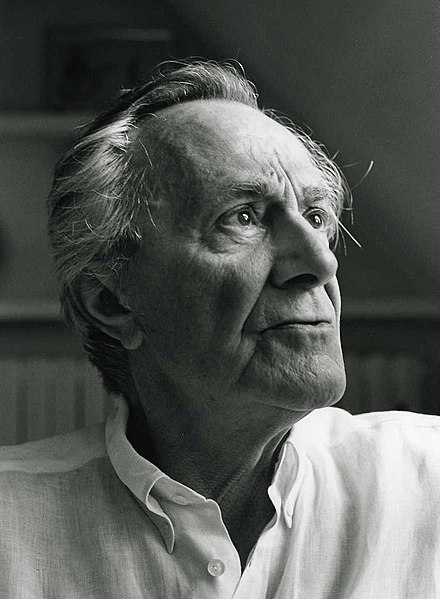
gregory recco writes (a comment on nancy's globalization)
Translators work very hard and make a pittance. Maybe they do it for the love of what they translate, or for other, less noble motives. Still, you're stealing their labor, and you should stop. The only people you're "rising up" against are overworked and underappreciated translators (and everyone else who works at the presses who publish these books).
What part of "No part of this book may be stored in a retrieval system or transmitted in any form ... without the prior permission in writing of the publisher" did you not understand?
I think here a question that should be under-stood.
[above all, what a brute way of speaking to the other]
the focus on 'you' is somewhat misleading. anyone can download any of the books from gigapedia or avax anytime. [this is already said in the header] I'm not denying responsibility. for example "made in istanbul" ones: when people heard of this blog here, they said hey we can contribute, so I'm publishing books scanned by students in istanbul, things developed in a way that I'm totally out of action, I just publish.
coming to poor translators; I also translate and totally agree with you. but here is the issue: an original book is about 25 - 50 dollars (for Husserl 100s), think a student like me who has 300$, and reading 6books in a month minimum. how can I live m'lord? or the students in 3rd world, what should they do? be silenced, obey information inequality. I have some pdf's that are not even in one library of turkey. [have you heard anything called 'print capitalism'?]
world is not so big brother, capitalism sucks, believe me. "my people" are hungry: for food, for serenity, for knowledge. colonialism fucks believe me, even in its handsome form of neo-colonialism, it deprivates Earth.
(do you understand this from your ivory tower? have you been in middle east? we try to dwell Hölderlin, home is not possible anymore. yes. but not because of the flight of the gods. bombardments... have you seen anyone dying because of the blameless west? you think the books and bombs have no relation, right? former is more destructive believe me.)
if there is a shame to be shared that is for all of us. Benjamin's 'the idea of mystery' on Kafka's "the trial" says a lot, all passed away, and still we are. and for you I am not. I try to understand Kurtz sorry I'm too dumb.
I don't how to handle world appropriately brother, if anyone knows please write down, at least a fragment, a comment, a testimony.
---
for my part I apologize. (I've no intenttion to normalize my acts by appealing economic anthropology). Being a muslim, it's haram [forbidden by religion(yet islam isn't a "religion" in western sense, there is no god but Law)] for me to use any thing without the permission of its owner. like my brothers in palestine who do haram by being suicide bombers, I'm on the violent track: an immense hecatomb of what is named 'right' by law. it's really hard for me. sometimes I get sick of this, look at posting dates sometimes weeks passed, I couldn't post anything. this is no attempt to justify. we bomb our body even it's wrong, I do wrong volitionally. I'll dynamite world, this is a promise to burn babylon.

syncopation of history on the side of the "rest" desolates even the abgrund, we suicide though. figure, muhmen, speechless we are at the closure of history. sorry, probably we have no "understanding" in the Kantian sense. I can't.
first photo is from sniper's alley in sarajevo, says all that is spelled above.
second photo is from palestine, he is sheikh ahmed yasin, rocketed by occupation forces in palestine. hatred, pure... trial haven't started yet.
edit: my voice may sound too abstract; indeed, symbolic violence takes subject into parentheses, ground slips away, too much.
----
please leave comments regarding the question if you are using this blog, I'm really thinking of closing down this space.











